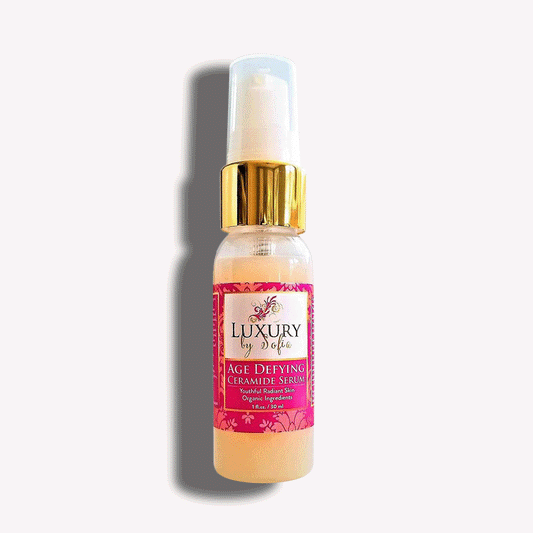From a sore throat to the flu, we all know that feeling of getting sick. It's no fun, but it happens to the best of us. The good news is you can take steps to boost your immune system naturally! We've compiled five easy-to-follow steps you can take right now that will help prevent sickness in the future.
1. Avoid Food Allergies
If you are suffering from a food allergy, it can be difficult to determine what exactly is causing the problem. Food allergies are often caused by a lack of enzymes in the body and can be treated with natural enzymes that are found in digestive supplements.
One common example of this type of problem is lactose intolerance, which affects millions of people worldwide every year. Lactose intolerance occurs when there isn't enough lactase enzyme produced by our bodies after we've been born--a condition that usually goes away over time, but sometimes doesn't (and causes digestive distress).
2. Eat The Right Foods
- Foods that boost your immune system
- Foods that suppress your immune system
- Gluten (wheat, barley, rye)
- Dairy products (cow's milk and cheese)
- Eggs - Avoid these if you have an autoimmune disease or are sensitive to them.
3. Exercise Regularly
The third step to boosting your immune system naturally is to exercise regularly. Exercising can help you fight off colds and the flu, as well as other illnesses. How much exercise is needed? The amount of physical activity that's right for you depends on how old you are, how fit you are and how much time each day (or week) you have available to work out.
Exercise has many benefits besides increasing your energy level or helping control weight--it also raises endorphins in the brain, which helps relieve stress and anxiety; lowers blood pressure; speeds up metabolism so that cells burn calories faster; strengthens bones by building muscle mass around them; improves blood flow throughout the body by increasing heart rate during exercise sessions; boosts immunity by increasing white blood cell production in bone marrow.
4. Get Enough Rest
- Get enough sleep. Your immune system needs rest to recover after an illness or infection, and it also needs time to build up its defenses against future infections. The amount of sleep that's best for your immune system varies from person to person, but as a general rule adults need seven to nine hours each night.
- Don't skimp on naps! Napping is a great way to give yourself a little boost in between work days without needing extra time in bed at night--and it can be especially beneficial when you're feeling under the weather because napping helps reduce stress levels while boosting memory function and creativity (which may be especially helpful if you're sick with something like the flu).
5. Stay Hydrated
- Drink plenty of water.
- Water helps to flush out toxins, keep your skin hydrated, keep your eyes hydrated and keep your mouth hydrated. If you don't have time for a full glass of water at every meal or snack time then try adding some lemon juice to the mix! The taste will be better than plain old boring water and it will help boost your immune system too!
Boost Your Immune System Naturally With These Simple Steps
- Avoid food allergies. If you have a known food allergy, you should avoid that particular food and any other foods that may trigger a reaction.
- Eat the right foods. Eating plenty of fruits, vegetables and whole grains is important because they provide nutrients your body needs to fight off infections and illness. Foods rich in vitamin C can also help boost your immune system by helping produce white blood cells that fight infections.
- Exercise regularly: Moderate daily exercise helps keep your heart healthy so it can pump oxygen-rich blood throughout your body more efficiently--and exercise strengthens muscles so they're better able to resist infection when an injury occurs. You don't need to spend hours at the gym; just 30 minutes five days per week will do the trick!
- Get enough rest: The amount of sleep required varies from person to person; however, most adults need between seven and nine hours per night on average. Getting too little or too much rest can weaken your immune system over time because it affects how well our bodies produce certain chemicals such as cortisol or adrenaline--chemicals released during times when we're stressed out which help us respond quickly under stressful circumstances like fighting off an infection before it causes serious harm!
Conclusion
The key to boosting your immune system is making sure that you're getting all the nutrients you need and avoiding things that could cause problems. By following these five simple steps, you can help keep yourself healthy and strong!














